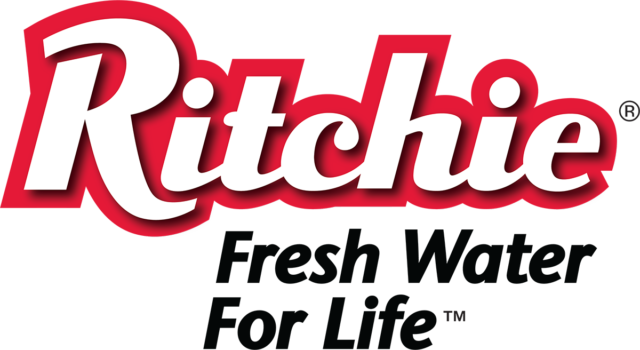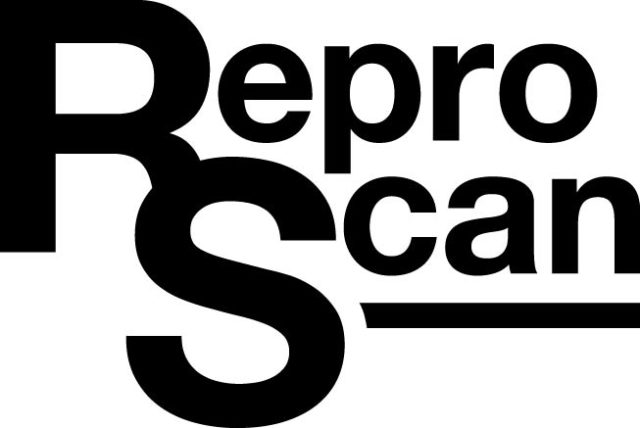Sponsored by Senate Ag Committee Chairman Pat Roberts, R-Kan., and ranking member Debbie Stabenow, D-Mich., the bill was crafted after months of debate and passed days after Vermont’s own GMO labeling law started July 1. That law required all GMO ingredients to be print labeled on the product and created a push for a national disclosure law that would prevent a patchwork of state laws food manufacturers would have to navigate for compliance.
“Tonight’s vote is the most important vote for agriculture in the last 20 years,” said Roberts. “We worked hard to ensure the marketplace works for everyone. I mean everyone. Our legislation allows farmers to continue using sound science to produce more food with less resources, gives flexibility to food manufacturers in disclosing information and gives access to more food information that consumers demand.”
The bill passed 63-30 in the Senate and is expected to earn passage in the House.
The legislation provides a number of exemptions so that foods primarily made of meat, dairy and eggs are not required to have GMO labels, even if the livestock consumed GMO seeds or feed. Roberts said in a previous statement that it prohibits labeling “any food product derived from an animal to be bioengineered solely because the animal may have eaten bioengineered feed.”
The National Cattlemen’s Beef Association (NCBA) said in late June that it remained neutral on the bill. But in its weekly newsletter released Friday, the bill earned the group’s praise for protecting beef.
“These provisions go a long way in protecting the industry from another activist-driven, anti-agriculture mandatory labeling program like the Vermont law,” said Danielle Beck, director of government affairs for NCBA. “Senate Ag Committee chairman, Pat Roberts from Kansas, worked hard to make sure these provisions were included, and NCBA is grateful to him for his work.”
The bill earned support from Dairy Farmers of America (DFA) and National Milk Producers Federation.
“Leading scientists and academics have long recognized that crops enhanced through GM technology are safe, utilize fewer pesticides and require less acreage,” said DFA Senior Vice President John Wilson. “This bill will provide much needed clarity and transparency, which consumers, farmers and the food chain deserve.”
Beck said the bill exempts products inspected by the Food Safety Inspection Service, meaning muscle cuts and ground products will not require labeling.
Supporters of GMO labeling were split on various lines about the bill, with some recognizing the victory of labeling requirements, and others saying smartphone QR codes lack the transparency of printed labels.
“This bipartisan compromise, while far from perfect, takes steps toward transparency for the consumer around GMOs in food products and strengthens organic labeling protectionism,” said the Food Policy Action in a statement after the vote.
Critics of GMO labeling say the laws are still unnecessary. Numerous scientific studies have verified that GMOs are no different than traditionally grown crops and seeds, and pose no public health risk.
Although food manufacturers had a year to fully comply with Vermont’s law, some food manufacturers, including Coca-Cola, said their products would have to come off the shelves in that state. Some 3,000 food products were taken off shelves in the first week after the law’s introduction. ![]()

David Cooper
- Managing Editor
- Progressive Cattleman
- Email David Cooper









